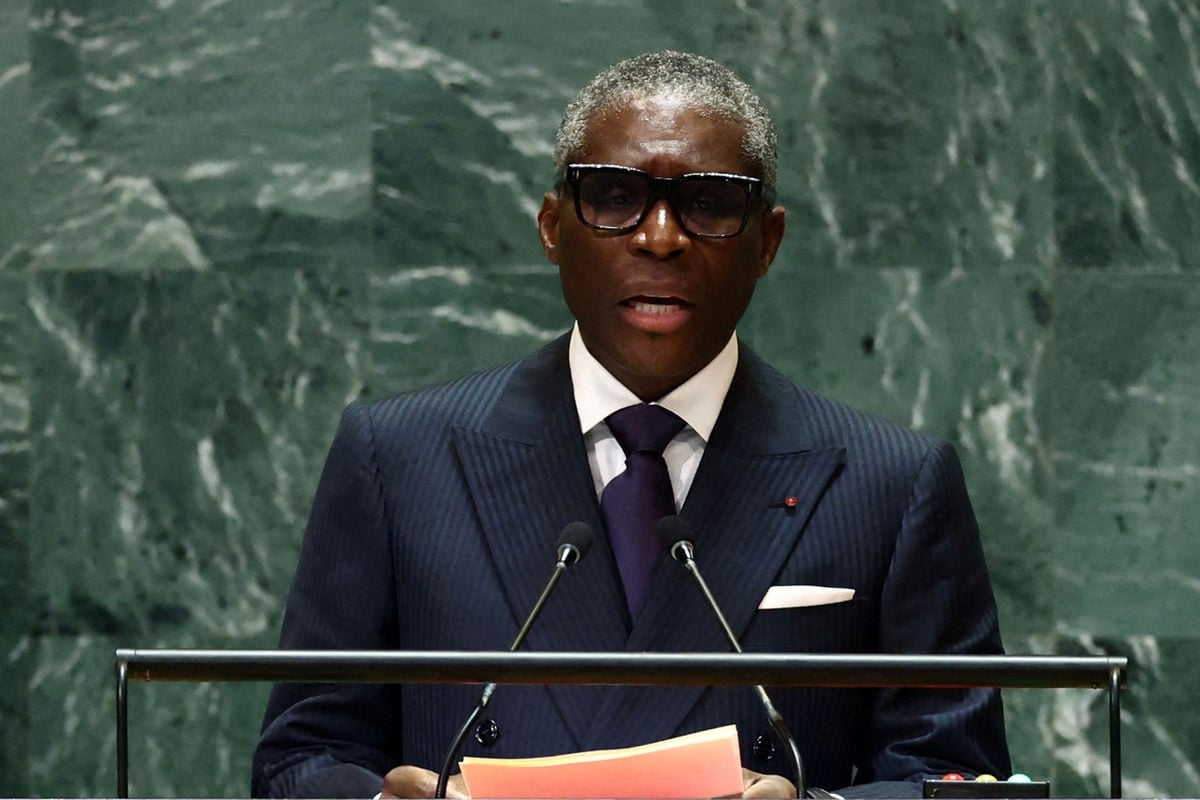Military court barred from trying civilian suspects

Supporters of the National Unity Platform in the dock before the military court at Makindye recently. The Constitutional Court yesterday ruled that all cases involving civilians in the army court should be transferred to the civil court for management. PHOTO/ABUBAKER LUBOWA
What you need to know:
In the majority decision of 3:2, the court held that it is unconstitutional for civilians to be tried in the military courts since they have not subjected themselves to the military system
The Constitutional Court has in a landmark judgment stopped military courts from trying civilian suspects.
In the majority decision of 3:2, the court held that it is unconstitutional for civilians to be tried in the military courts since they have not subjected themselves to the military system.
“The General Court Martial’ s jurisdiction is only limited to trying offences specified under the UPDF Act, only in respect of persons subject to the military law,” ruled Justice Kenneth Kakuru yesterday.
“Military law under the UPDF Act must be construed to exclude laws that are the preserve of the civil courts of judicature established under Chapter eight of the Constitution,” he added.
Justices Hellen Obura and Remmy Kasule concurred with Justice Kakuru while justices Christopher Madrama and Stephen Musota dissented.
The majority justices, however, clarified that the decision of the court does not mean that civilians, who are being tried before the military courts, are now freed. They rather said their case files should be transferred to civilian courts under the Directorate of Public Prosecutions (DPP) for further management.
“All those persons not subjected to military law and are currently being tried before any military court, we order that their cases be transferred to civil courts under the direction of the Director of Public Prosecutions within 14 days from the date hereof,” the justices guided.
Further, the court directed that those civilians, who have been subjected to military law and are already serving their sentences, should have their case files transferred to the Criminal Division of the High Court for retrial or further management within 14 days of the court ruling. “For clarity, affected persons will remain in lawful custody or on bail until their cases are transferred and mentioned before the civil courts for further management,” Justice Kakuru ruled.
The justices also ordered that given the importance of the judgment, a copy of the same be served to the Attorney General.
By press time yesterday, it was not clear how many civilians were currently being tried by military courts or serving their sentences throughout the country so as to benefit from the land mark decision.
The decision of the court arose from a petition filed by former Nakawa Division MP Michael Kabaziguruka who was facing trial before the military court.
The former legislator alongside 20 UPDF officers were being tried before the General Court Martial over offences of treachery and offences relating to security.
Looking back
The State had accused Mr Kabaziguruka and others of plotting to infiltrate defence forces with intent to overthrow the government of Uganda by use of firearms. The offences were allegedly committed between February and June 2016 in the districts of Kampala, Wakiso and Luweero.
The former MP, however, declined to plead to the charges, arguing that the military court did have the jurisdiction to try him. And the Constitutional Court yesterday held that Mr Kabaziguruka’s trial before the court martial is unconstitutional since he is not a person subject to the military law.
Mr Kabaziguruka successfully argued that the military court can’t be impartial on grounds that its attached to the Executive, which is appointed by the High Command and chaired by the head of state who has powers to hire and fire the court members at will.
Last evening, the UPDF spokesperson, Brig Flavia Byekwaso, said they had not received a copy of the judgment to determine their next course of action.
But a joyful Kabaziguruka, whom court awarded costs of the petition, said he welcomes the decision of the court and asked the UPDF to respect it.
“I welcome the ruling and I am happy that I managed to petition the court and the decision is going to free so many Ugandans whose rights had been abused by their being prosecuted before the military courts. I happy that the court has stopped the military courts from trying civilians and they should obey the court’s orders,” he said last evening.
Mr Michael Kabaziguruka’s co-accused included; Mr Musa Lutwama, an assistant inspector of police; Mr Ferdinand Obulejo attached to counter terrorism at Naguru; Capt Andrew Ojaa, a junior officer attached to the Land Forces at Bombo; Cpl Geoffrey Idro from Military Police, Cpl Richard Odama from Nakasongola Airforce Division; L/Cpl Drachiri Raymond from Military Police; L/Cpl Godfrey Inyani also from Military Police; and Jacob Obua attached to the camp commandant at Bombo.





